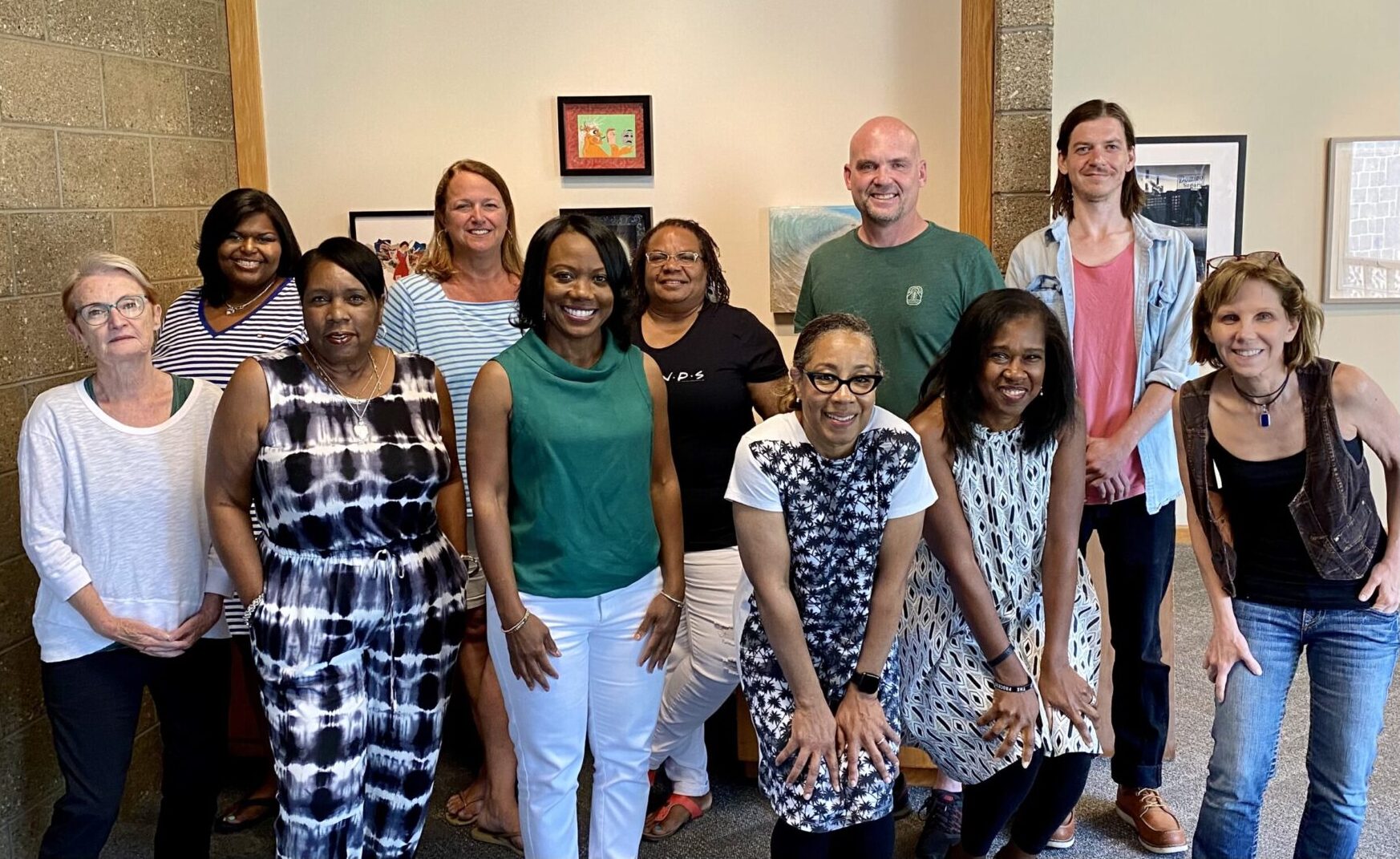 Including technology in your life in a healthy manner is a skill that kids need to learn early in life. If they don’t, screens may always consume their lives.
Including technology in your life in a healthy manner is a skill that kids need to learn early in life. If they don’t, screens may always consume their lives.
Dr. Gary Chapman, a renowned family counselor and author, wants to help parents learn how to make technology work to the benefit of everyone in the family.
“One of the huge negatives in our culture is if children spend all their free time playing video games, they will likely do that thing when they are twenty-five and married. And, that won’t go well with a marriage,” Chapman says.
At his lecture on July 21, Chapman will talk to parents about raising kids in today’s screen-driven society, sharing strategies from his book Growing Up Social; Raising Relational Kids in a Screen Driven World, co-authored by Arlene Pellicane.
A New York Times bestselling author, Chapman hosts a nationally syndicated radio program, A Love Language Minute, and a Saturday morning program, Building Relationships with Dr. Gary Chapman. Both programs air on more than 400 stations.
One of his most popular books, The 5 Love Languages, has been published in more than fifty languages, sold more than 12 million copies and is currently still on the New York Times bestseller list.
Looking for the Positive
Chapman tells parents to structure their children’s lives so kids learn that screen time is just one component of the day, not an all-day activity. “There are times to read a book and times to play,” Chapman says, adding, “Often parents allow children to watch a screen so [parents] can get their work done.”
Kids who spend most of their time plugged into a device don’t form an appreciation for the world around them. There is, however, a productive way for parents to interact with their children and technology.
“Parents can watch something with their children and then discuss it with them,” Chapman said. “It can be a positive experience. When [screen time] is unmonitored, it can be detrimental to the child’s emotional and social development.”
Children need to cultivate social skills early in life. Chapman lists five crucial skills – affection, appreciation, anger management, apologizing, and attention – that are important to social development.
Children need to learn to express affection and gratitude verbally. They also need to understand the art of apologizing. “If they don’t learn how to apologize when they are young, when will they learn?” Chapman says. “Learning about attention is especially important in an educational setting.”
Because social media is ever present today, parents should set up social media guidelines that are appropriate for their child’s age and also appropriate discipline if the guidelines are dismissed.
With the prevalence of cyber bullying, especially on social media, parents should address the topic with their children and help them understand how to handle it if it happens.
“Parents also need to teach their child not to bully others,” Chapman says.
An Apology Goes a Long Way
When he’s in Richmond, Chapman will also present a lecture July 20 on the five languages of apology from the book he co-authored with Jennifer Thomas, When Sorry Isn’t Enough: Making Things Right with Those you Love.
Over the years, Chapman has found that people have different ideas about the meaning of apologize and how one should apologize. Most people tend to judge an apology by the sincerity in which it is delivered.
“It’s difficult to forgive someone if you don’t think the person is sincere,” Chapman says.
Just like there are five languages of love there are also five languages of apology.
- Expressing regret: “I’m sorry you feel badly.”
- Accepting responsibility: “I was wrong.”
- Offering to make restitution: “What can I do to make this right?”
- Expressing the desire to change: “I didn’t like what I did and I don’t want to do it again. I’m looking for ways to change my behavior.”
- Requesting forgiveness: “Will you forgive me.”
Apologizing is essential to long-term healing in relationships. “None of us are perfect. If we were, we wouldn’t have to apologize,” Chapman says. “When you hurt someone through actions, you create a barrier and barriers don’t go away with the passing of time. The only way a barrier goes away is to deal with it by apologizing.”
Chapman will present both of his lectures at U-Turn at 2101 Maywill Street. The lecture “The Five Languages of Apology” is scheduled for July 20 at 7:30 p.m. Tickets can be purchased at apologyva.org.
“Growing Up Social” will be presented July 21 at 9:30 a.m. Tickets can be purchased at socialva.org. Both lectures will offer in-person and live stream tickets. The July 20 lecture will also have drive-in availability. The appearances are sponsored by the Relationship Foundation of Virginia.







